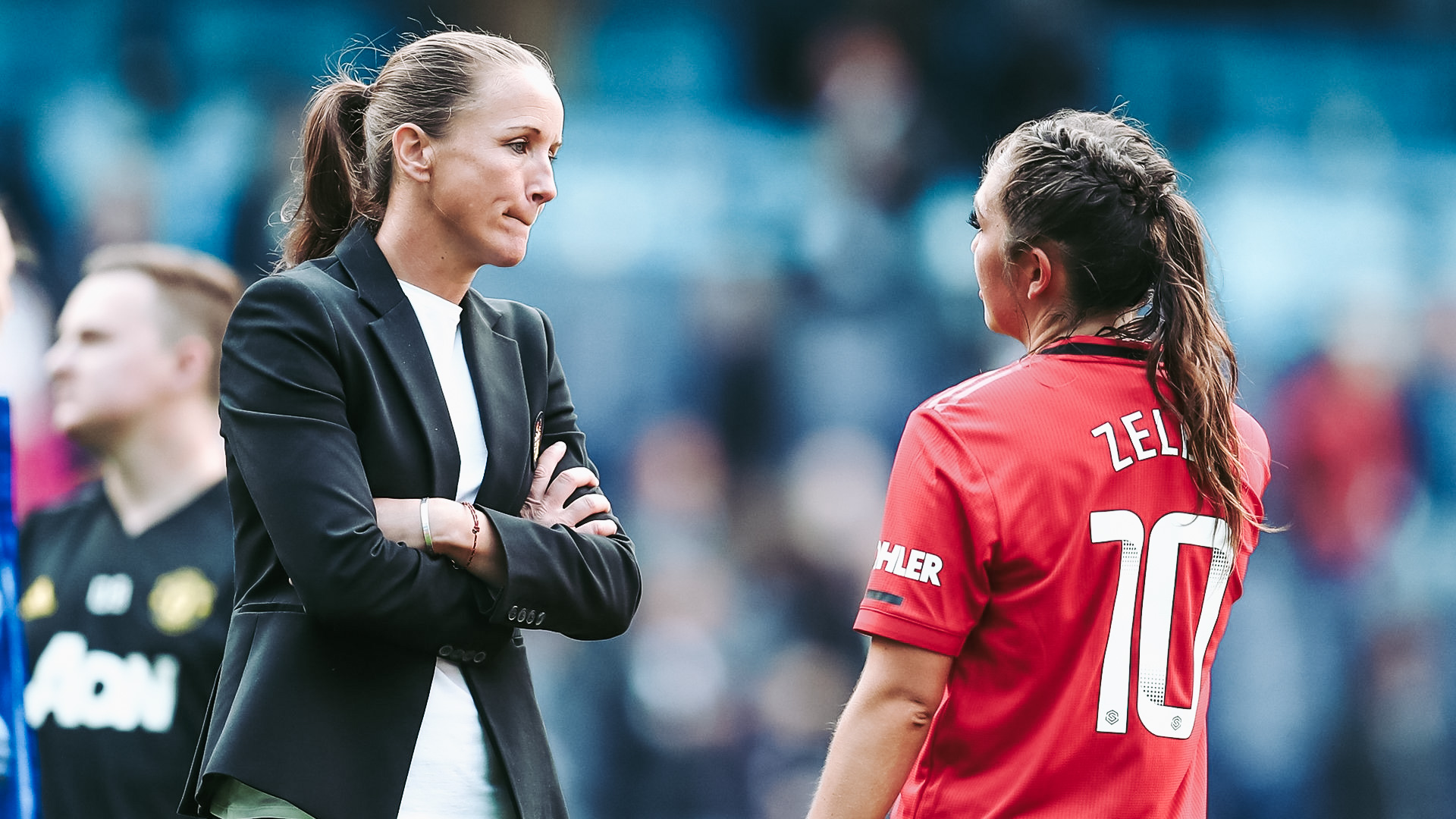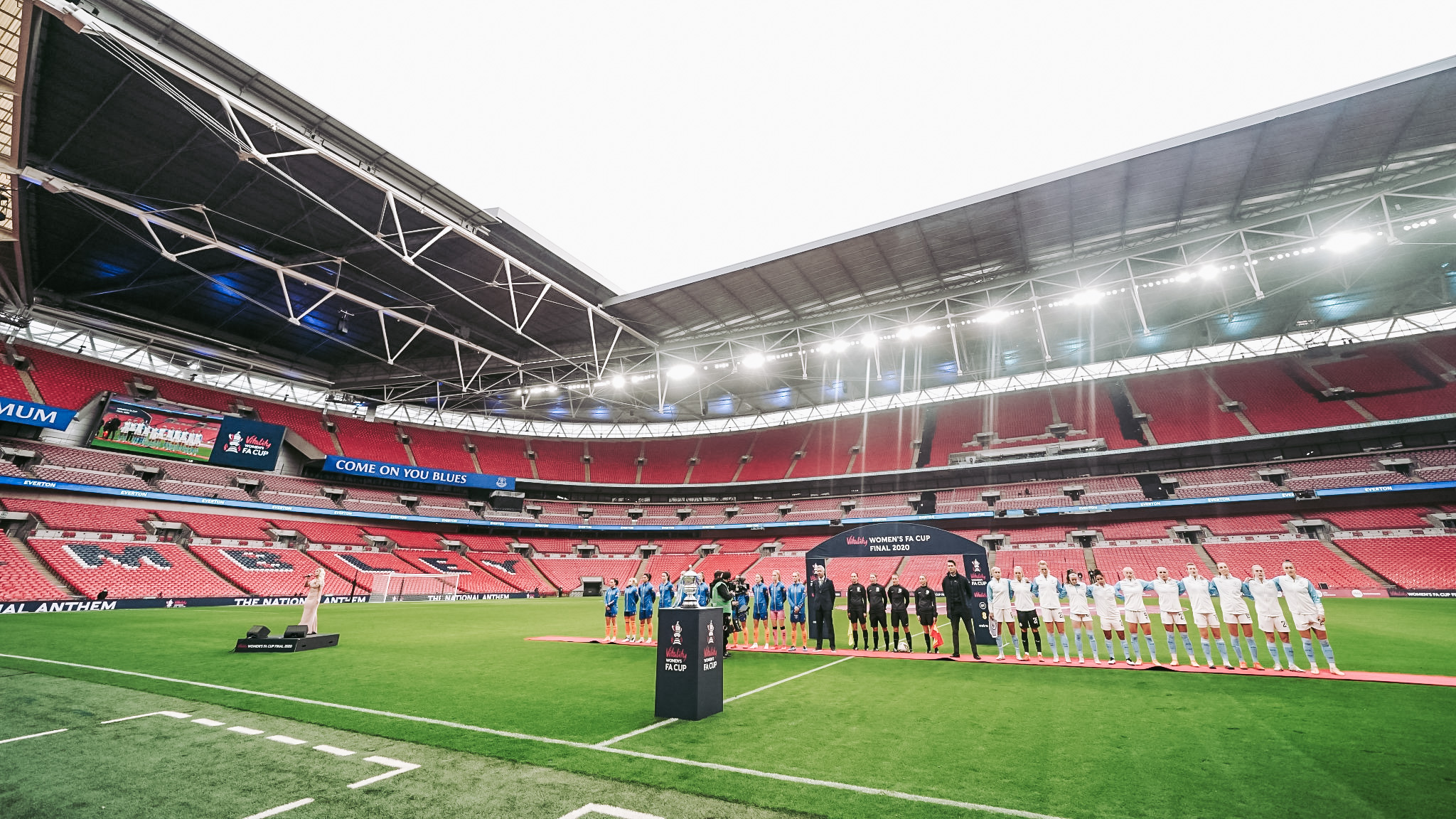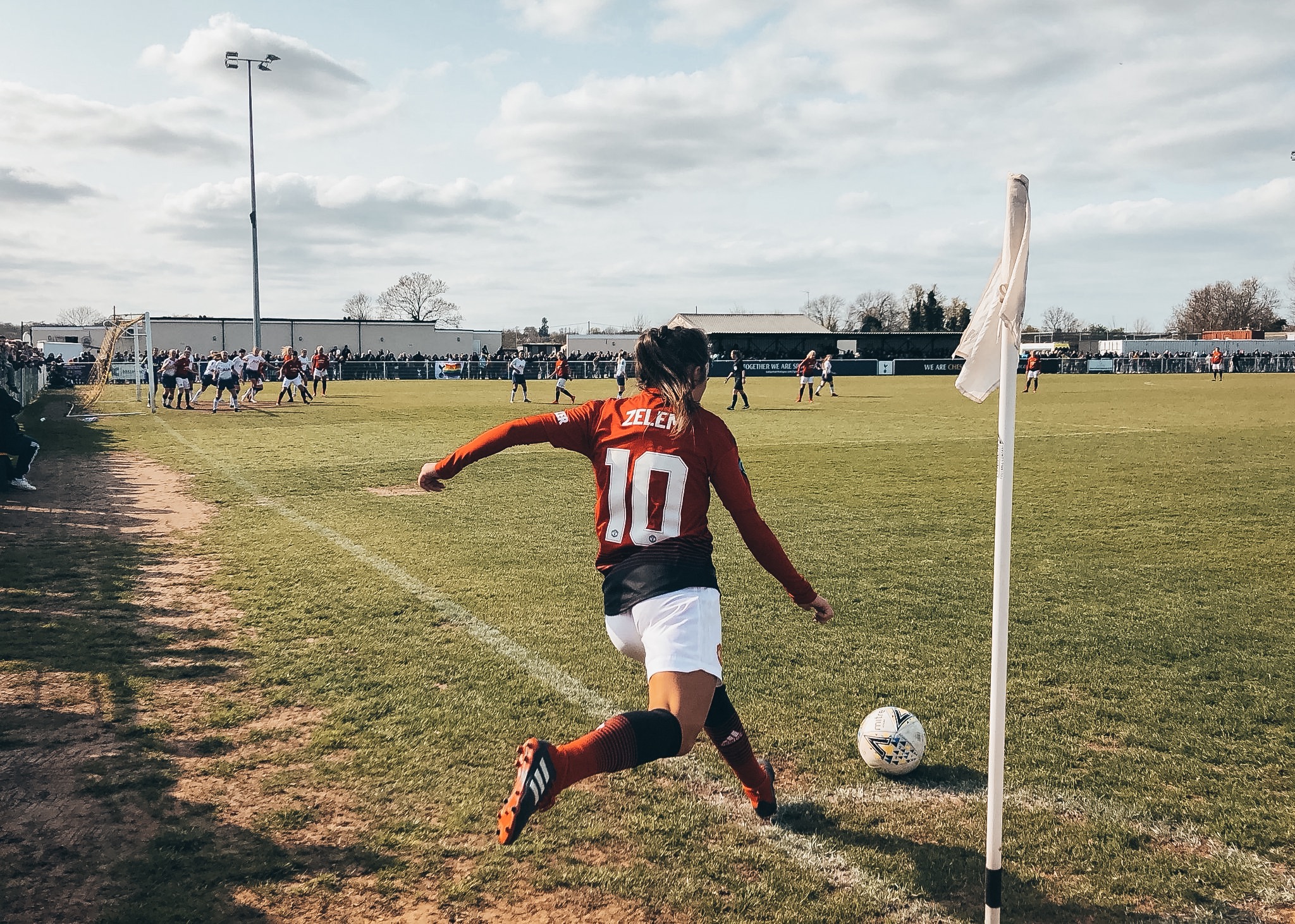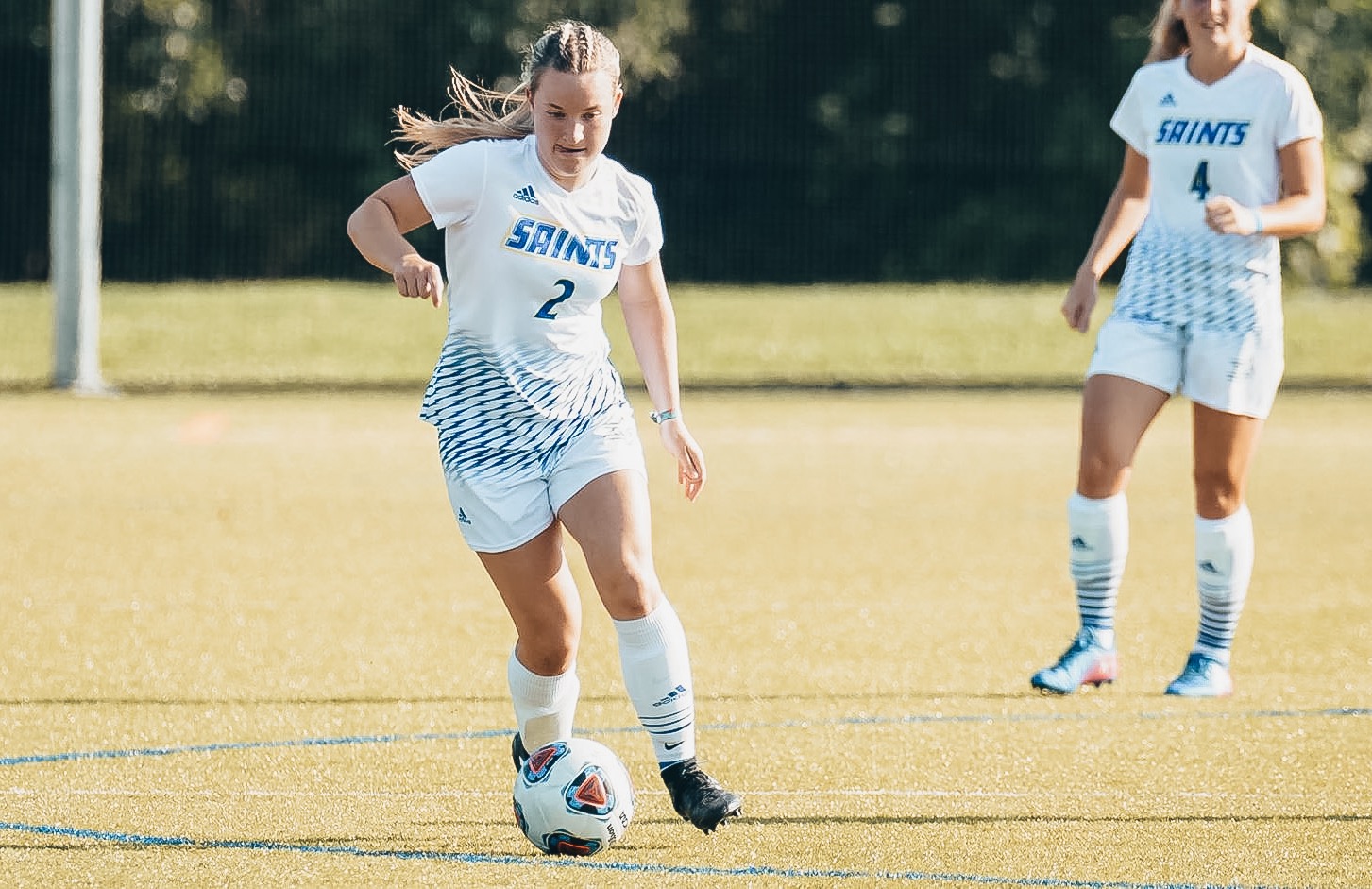The opening weekend of the second half of the season should have been a happily anticipated occasion with the nation locked down once again. Instead, it has been subject to annihilation by a handful of irresponsible decisions in what has now dubbed as “Dubai-gate”.
The last FA Barclays WSL game was played on 20th December 2020, yet no more than 48 hours had passed before social media was awash with images of players sunning themselves on golden beaches against a backdrop of glistening high-rise towers. No, this wasn’t Blackpool Pleasure Beach but Dubai and the Maldives.
On 19th December 2020, the government announced that London and the South East would move into Tier 4 the following day. The restrictions of Tier 4 were explicitly clear; stay at home, no overnight stays, international travel should not be undertaken unless for work and holidays abroad are not allowed.
Manchester, at the time, remained a Tier 3 area. Whilst the restrictions of Tier 3 were not legally binding, the government still advised that travel outside of your area should be abstained unless it was essential, this included international travel.
Fast forward a couple of weeks and we find ourselves in a national lockdown. With this comes the relegation of leisure outlets, constraint, not only on one’s physical needs but also their mental escapism. This lockdown, though perhaps inevitable, was helped on its way by those who bent the rules.
Group sport is now only available to a lucky few, so, imagine the deep personal upset felt when it was reported that players from Arsenal, Manchester City, Manchester United, Birmingham City, West Ham, and some suspected within the Championship, had all flown abroad. Of these it is known that one Arsenal player and four City players have all tested positive for Covid-19. Arsenal also have several other players in isolation.
It has been reported that Arsenal were not aware of their players intention, but have since accepted evidence that the trips were made for business. But with zoom calls and remote working, the tech-savvy among us will question, what sort of essential business requires a footballer to frolic on a sun-drenched beach with a cocktail in hand?
It remains to be seen as to whether West Ham or Birmingham had prior knowledge of their players vacation plans. But it has emerged that Manchester City and Manchester United sanctioned their players overseas trips, and so these players travelled with the full permission of their respective clubs. These decisions, whilst feasibly intended with individual players best interests in mind, did not reflect that of the collective picture.
The stark reality in which we have all bared witness to the harrowing images on the news; in which we have all taken knocks; in which we have all been starved of the simplest comforts; in which we have all had to make sacrifices. Many continue to face uncertainty with employment, financial stability, and most worryingly, health.
Specifically, in the footballing world, only a few weeks ago, Arsenal defender, Jen Beattie, revealed that she had been receiving treatment for breast cancer. Beattie’s announcement was met with universal support across the WSL and the Championship. Players, including those who have since travelled to sunnier climes, expressed their admiration of Beattie in dealing with this devastating news, in some instances, alone. When considering this recent tribulation faced by one of their own, it really does put the escapade of a few days in the sun into a rather blunt perspective.
Quite rightly, uproar erupted on social media. To put it politely, the farcical decision to travel overseas at a time when families and friends could not spend the holidays together, when NHS staff and other key workers are at breaking point, when children are unable to hug their grandparents, did not sit well.
Manchester United boss, Casey Stoney, has been the first manager to honestly address the part her players have played in the debacle. “…on reflection it was a poor error in judgement from me. I am sincerely sorry for that. The buck starts with me and stops with me so I am sorry for that.”

Stoney’s gracious apology is widely appreciated, but one must argue that this is not solely her doing. After all, it was not Stoney who stepped on the plane. Whilst in the eyes of the law, some of these players did not break the rules, morally they have pushed their position to the absolute limit, and still not a single player has come forward to take responsibility for their actions. Their silence remains deafeningly loud.
With this in mind, it feels perhaps for the first time, that there is an elitist attitude creeping into women’s football. It is well known that female footballers do not earn the same extortionate weekly salaries as their male counterparts but there are some, not all, footballers within the women’s game who are earning six-figure yearly salaries. Financial gain is not, and has never been, what women’s football is about. The WSL is not the Premier League and most supporters would agree that we do not wish it to be. Yet, this incident has opened eyes. It feels as if there one rule for one, one rule for another. This is not just amongst players, but threading through the FA itself.
Due to the number of positive tests returning, the FA have had to make decisions regarding this weekend’s fixtures. The rumours regarding possible postponement of matches for Arsenal and City started late on Wednesday and continued early into Thursday morning before formal confirmation was announced later in the day. City have also had Wednesday’s Continental Cup tie against Chelsea postponed.
Both clubs convinced the FA that they were unable to meet the criteria in order to play. The FA have issued rules stating a team must be able field a squad of fourteen players for fixtures to go ahead. An alleged appeal from Aston Villa against the FA’s decision to postpone this weekends fixture against Arsenal was rejected. This now means that Villa, West Ham and Chelsea face a possible fixture congestion at a later stage, in addition to Arsenal and City now having the luxury of their first team players being available following respective periods of isolation.
Earlier in the season, a depleted Bristol City requested postponement of their match against a fully fit Manchester City due to the self-isolation of five first team players. The FA stated that Bristol were still required to fulfil this fixture, in which they were ultimately beaten 8-1, as they were able to include academy players in their squad. Players that less than a week previously, the FA had deemed as “non-elite”. It seems that Bristol City did nothing but follow government advice, yet were penalised for doing so. In contrast, it appears Manchester City have stretched guidelines within an inch of their life, yet have been rewarded for their actions. Such contrasting rulings make a complete mockery of the game so many are desperately trying to grow.
Everton have also had their match postponed against Manchester United, citing a reduced squad. The Toffees have reported that five players contracted coronavirus over the Christmas break, plus they have another six players out with injury, meaning they are only able to field thirteen players. No questions asked. However, Birmingham City requested postponement for their match against Tottenham Hotspur as the Blues only have ten available players. But yes, you guessed it, Birmingham were expected to play, despite not even being able to scrape together a full starting eleven. Birmingham’s match has since been called off, yet the Blues remain clear with their wording, “an application for a postponement was submitted to the FA but this request was denied.”
This is where we see the emergence of the power that status and wealth yields. At a time when footballers in tiers 3 downwards of the pyramid have been suspended, it does not seem fair that players and clubs are flouting or bending the rules to suit. It shows a complete disrespect towards women’s football, supporters, and the very foundations on which the elite rest. When murmurings of early rounds of the Vitality Women’s FA Cup involving lower tiered sides could be settled by the toss of a coin, it truly adds insult to injury. Quite simply, the integrity of the FA has never been more fragile.

Circling back to the players from which this entire episode has derived, the words of Casey Stoney ring absolutely true. We are all human; we all make mistakes. And so, this must not become a witch hunt. This must not become a vendetta. One, of course, hopes that these players are well, but that they have recognised their ill judgment and are remorseful for their actions. Regardless of whether it was out and out rule-breaking, a manipulation or misinterpretation of the rules, being in a privileged position does not mean you are immune to moral obligations and one must be accountable to that.
Unanimous with a bitter disappointment, there is no questioning that supporters have been let down. Their fuelled upset and frustrations are justified and their mere request for an apology is far from unreasonable. Relationships between supporters, clubs and players have been damaged and they cannot be fully rebuilt with the easy fix of sweeping it under the rug.
For surely, clubs and players must realise, that one holds a great deal of respect for those who hold their hands up and face the music.
This article was written in collaboration with Edward Payne.









